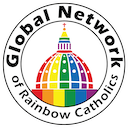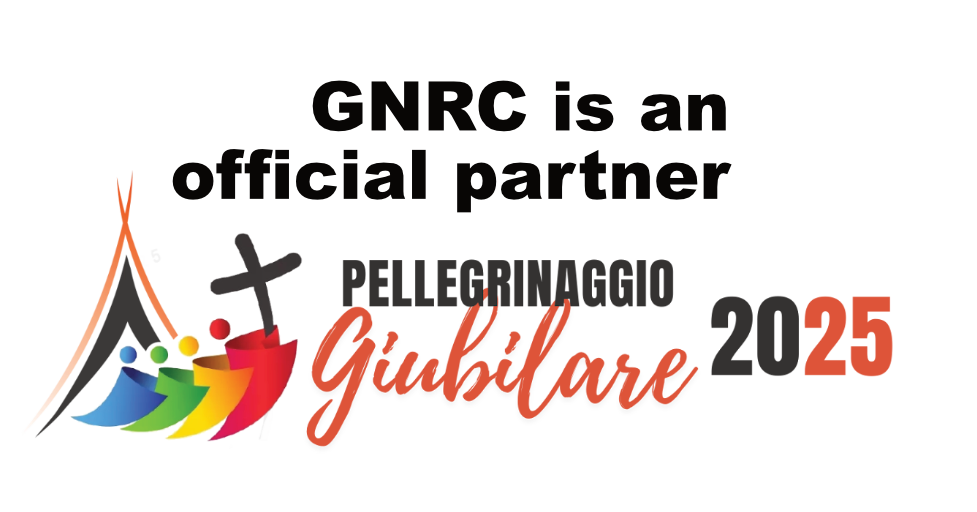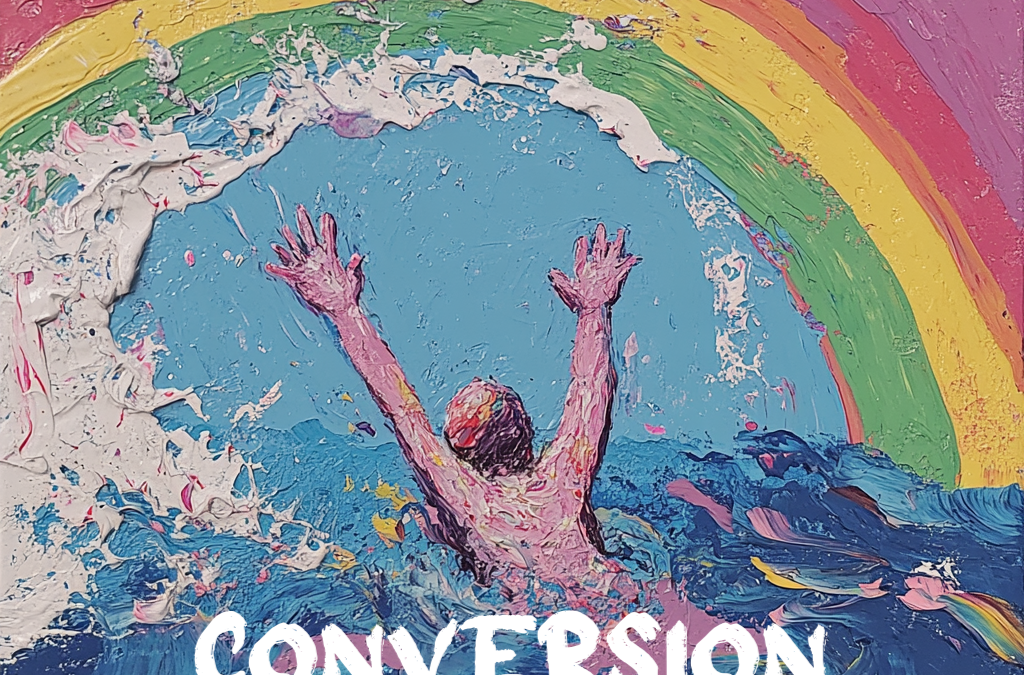The U.S. Supreme Court to Review Colorado’s Ban on Conversion Therapy
The U.S. Supreme Court has agreed to hear a case challenging Colorado’s 2019 ban on conversion therapy for minors, a decision that could have far-reaching consequences for LGBTQ+ rights across the country. The case, Chiles v. Salazar, centers on licensed therapist Kaley Chiles, who argues that the ban infringes upon her First Amendment rights to free speech and religious expression. The Court’s ruling, expected by summer 2026, will weigh individual constitutional rights against state regulations designed to protect public health.
Conversion therapy, also known as “reparative therapy,” has been widely discredited by major medical and psychological organizations, including the American Psychological Association and the American Medical Association. Father James Alison, a Catholic theologian and priest, has been a vocal advocate for a more inclusive and understanding approach toward LGBTQ+ individuals within the Church. He emphasizes that being gay is “a regularly occurring nonpathological minority variant in the human condition,” challenging the notion that LGBTQ+ individuals are inherently disordered. Alison encourages the Church to move beyond outdated views and embrace LGBTQ+ individuals as integral members of the faith community. Wikipedia
In a similar vein, Italian Bishop Nunzio Galantino, a close advisor to Pope Francis, has called for the Church to welcome LGBTQ+ Christians first and foremost as baptized individuals, emphasizing their fundamental identity within the Christian community. He asserts that the Church must prioritize recognizing LGBTQ+ individuals as part of the faithful before addressing other aspects of their identity. New Ways Ministry
Conversion therapy raises a deeper question: How does the Church accompany LGBTQ+ individuals? True pastoral care does not seek to “fix” someone but to walk with them, listening with love. Pope Francis has spoken often about the importance of encounter, saying:
“The thing the Church needs most today is the ability to heal wounds and to warm the hearts of the faithful.”
Healing cannot happen in a space of coercion or fear. It happens when people feel seen, valued, and loved as they are.In many Catholic communities worldwide, this is already happening. There are parishes where LGBTQ+ individuals are welcomed as full members of the Body of Christ. There are priests and lay leaders who listen rather than judge.There are families who embrace their LGBTQ+ children with open arms, recognizing them as gifts from God.
The Supreme Court will make its legal decision, but as Catholics, our concern is deeper than law. The question we must ask ourselves is: How do we create communities where LGBTQ+ individuals find love and belonging? How do we bear witness to a Church that reflects God’s mercy rather than human judgment?
Let us commit to listening to LGBTQ+ Catholics, learning from their experiences, and ensuring that our faith is a source of healing, not harm. Let us walk together, as one Body, knowing that Christ calls all of us to deeper love.
For those who want to talk about faith and LGBTQ+ issues without restrictions, the Global Network of Rainbow Catholics (GNRC) Assembly will take place in Madrid from August 21 to 25, 2025. It’s a space to meet, share perspectives, and work toward inclusion in Christian communities.
www.rainbowcatholics.org/assembly2025
Participation is open to anyone interested.
By Alessandro


